Dr. Mojtaba Norouzi, speaking in an interview with the website of the Strategic Council on Foreign Relations, emphasized that the phenomenon that is operating in Afghanistan under the name of ISIS undoubtedly has serious differences with the ISIS in Shamat (Syria, Lebanon, Jordan and part of Palestine) in terms of structure and content and not in performance. He noted that the connection of this ISIS with the one in Shamat, is only in taking advantage of that brand and sometimes some connections are through Arab financial support.
Serious differences between ISIS in Afghanistan and ISIS in Shamat
Saying that the number of foreign and international ISIS forces that is published in the statistics for Afghanistan, even those with the highest coefficient, is not comparable to the size of the ISIS force, structure and national diversity in Shamat, he added: It is one of the extremist groups that has serious differences with the phenomena such as al-Qaeda and al-Qaedaism.
The analyst of Afghan affairs added: The ISIS forces in Afghanistan who are trying to use the ISIS brand are a number of Islamic extremist forces from Central Asia, especially Uzbekistan, who misused the vacuum in Afghanistan in the 80s and especially 90s to hit the Central Asian states. The group has been present in Afghanistan ever since, and has continued to live with various ups and downs in central Afghanistan and Pakistan, especially in eastern areas, where it is defined under the influence of the Haqqani network in Nangarhar Province.
Norouzi continued: After the formation of the ISIS, this group tried to use this brand to rebuild and revive itself with the help of the power and influence of the Haqqani network, which has always been the link between Arab currents and the space of extremist groups inside Afghanistan. In addition, a number of forces that had defected from the Taliban, in the words of the Afghan people “put down the white flag and raised the black flag” and called themselves the “ISIS”.
The Afghan affairs expert stressed that due to various reasons, the living space and operations of the ISIS in Afghanistan have been very limited during recent years, citing the existence of a rival called the Taliban, lack of sustainable income, lack of having land and geography and lack of power vacuum in that country as the main reasons for such restriction.
ISIS in Afghanistan, an underweight phenomenon
Saying that the phenomenon of ISIS in Afghanistan is an underweight phenomenon, Norouzi stressed the need to pay attention to the complexity of crimes against humanity in Afghanistan: a country that has been involved in war and conflict for a period of four decades, providing biological opportunities to various groups opposed to order and groups exploiting insecurity. The drug mafia, the currents of neighborhood bandits, the main body of the Taliban and many small local commanders trying to find a place to live and gain power for themselves should be included in those groups. To those groups must be added the deep-rooted ethnic, personal, and ideological conflicts, as well as the normalization of the conditions for the use of violence to overcome and win those conflicts.
According to the expert on Afghanistan affairs, some groups blame ISIS for its crimes, and of course, this movement accepts it because it seeks to develop its life and survive in the public opinion.
Regarding the possibility of dialogue between the pro-dialogue Taliban and the ISIS with an aim of stopping the violence in Afghanistan, Norouzi stressed the need to understand the nature of the Taliban in the country, saying: In the Taliban identity and the identity dialogue that is based on it and operates today according to it, three specific characteristics must be considered.
Taliban not willing to share power
He described the Taliban’s aspirations for power and governance as well as the Taliban’s reading of Islam as two features of the Taliban’s identity and stressed: They basically do not believe in sharing power, and at the same time they claim that they should implement everything based on Islam, which is based on their reading, which, of course, is not accepted by the Afghan people; a reading that gives no place to other religions and newer phenomena in public opinion such as women’s social participation, media, freedom of expression.
We are witnessing a kind of “Wahhabi Hanafism”
The expert on Afghanistan affairs added: The most important thing is that this Islam and the reading of Islam are completely different from the Hanafi reading, which is rooted in the identity structure of Afghan society and is close to Sufism, tolerance, and mutual acceptance. Influenced by the teachings of the Saudi-run religious schools in Pakistan in the 1980s, the movement has moved far away from Hanafi principles and closer to Wahhabism; in fact, we are witnessing a kind of “Wahhabi Hanafism”.
He described the third characteristic of the Taliban identity dialogue as xenophobia and the slogan of the occupation of Afghanistan by foreign forces and said: They used the weakness of the government and the weakness of American forces in providing government services, security, and all things that fall within the function of a government and told the people that the culprits of all those phenomena are the Westerners and we will deal with them.
ISIS conflict with Taliban overpower
Norouzi continued: Of course, their first statement is correct, but the second statement, that is, confrontation with Westerners, is a violation; because basically, their subject is power, and in order to achieve it, they negotiate with any foreign power that gives them legitimacy.
He emphasized that the conflict between the ISIS and the Taliban is not a struggle between right and false, but it is about power, and reminded: the Taliban do not accept any rival power in their sphere of influence and geography of Afghanistan, and if there is a conflict with the ISIS, it is rooted in a struggle for power and not the defense of the people! Therefore, the Taliban cannot be expected to prevent ISIS crimes. In fact, the Taliban are directly or indirectly involved in all those crimes, even if they are not directly involved, they are indirectly involved in those crimes from two angles, and if they claim that the Afghan people want to live in peace, they must stop those two actions.
The expert on Afghanistan affairs said that the first issue was expand of violence, adding: The kind of violence that has engulfed Afghan society is the high level of naked violence against the people, which, with a few exceptions, we could not see in the wars of the 1980s and none of the civil wars. The Taliban were the promoters of a higher level of violence in Afghan society and must be responsive. If they are in the political arena, stop killing and violence and war, and put themselves to the vote of the people, the possibility of such violence from other currents will be reduced.

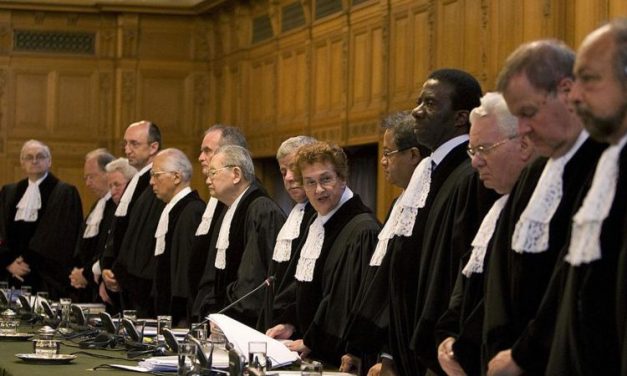
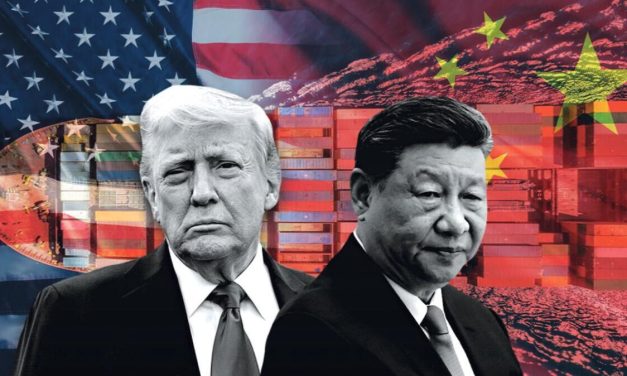
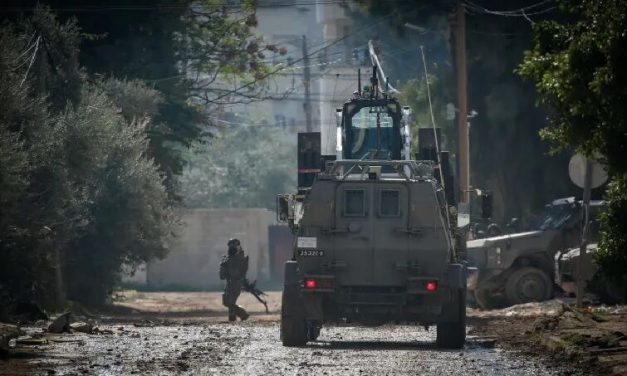
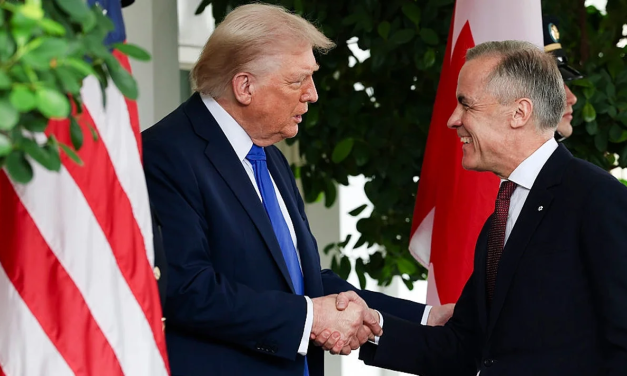
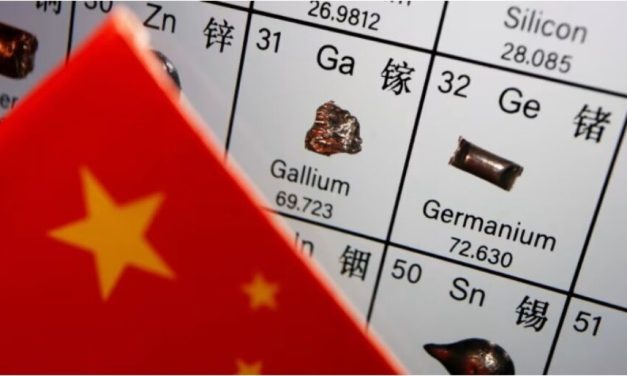
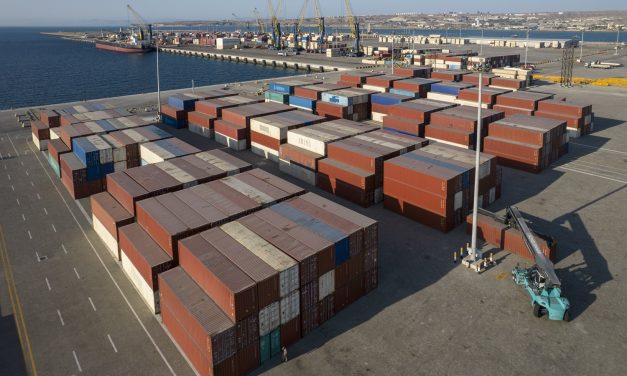
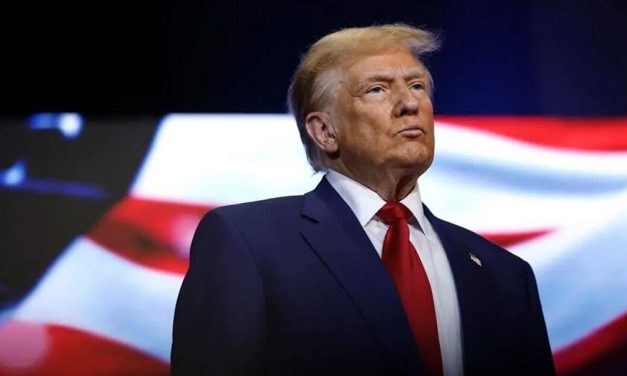
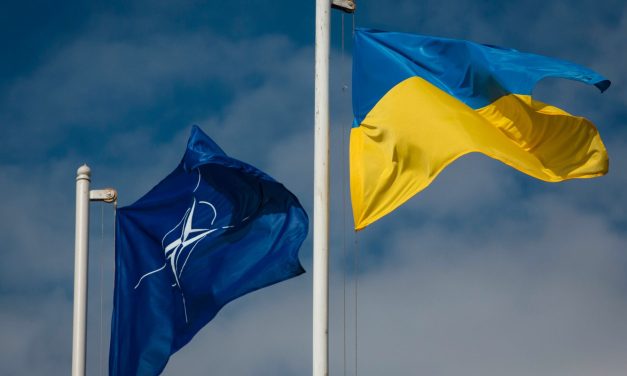

0 Comments